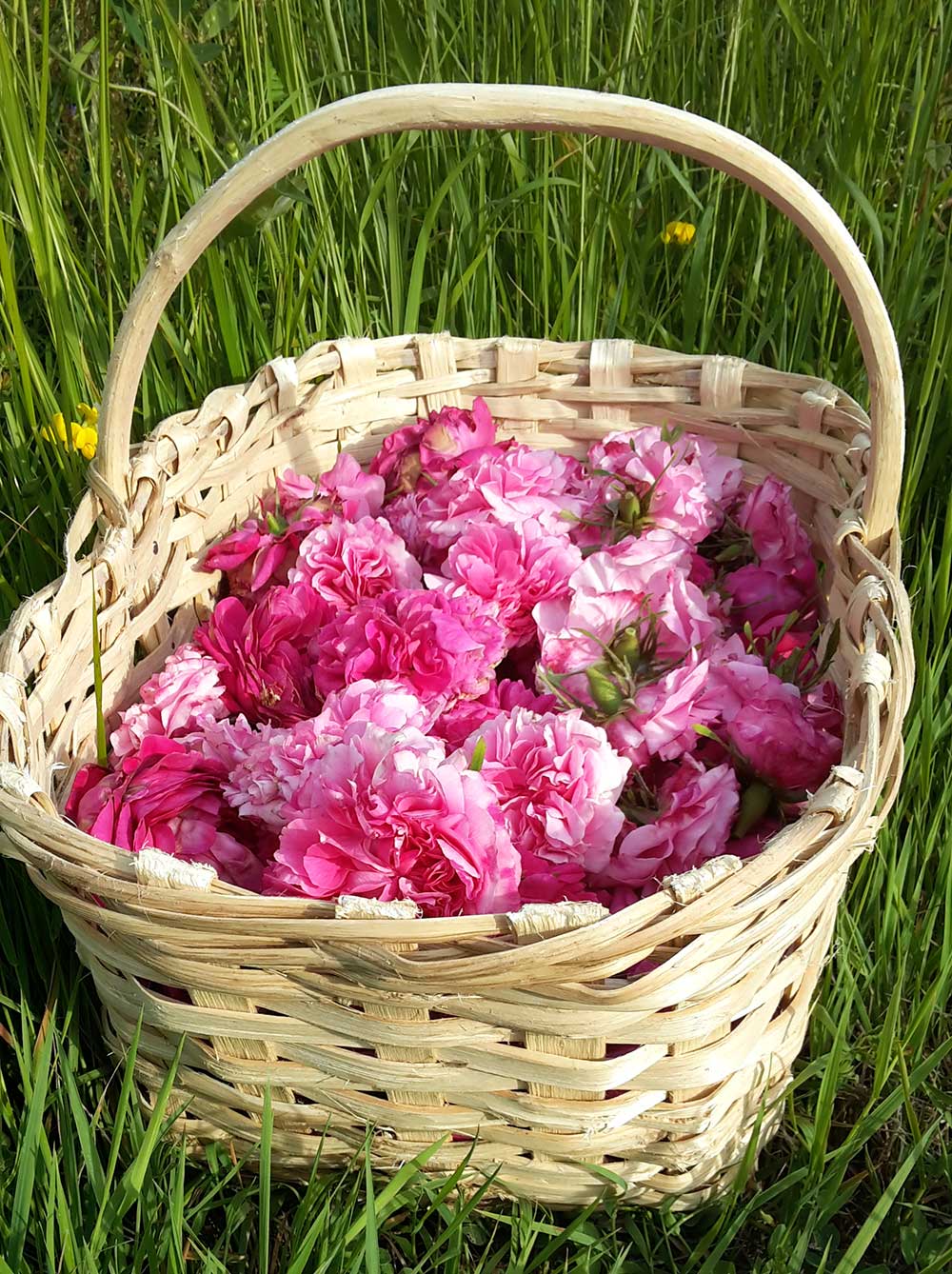Classic roses in natural environment
Where do our ancient roses come from?
From a small valley in Liguria, Italy. On the Apennines, surrounded by mountains, full of sunshine and water springs. Just like an enchanted land.
So what makes these roses so special? It’s the valley, the place of cultivation that lends these roses its unique characteristics. It’s a known fact that pollutants carried through the wind or aquifers at most current geographical locations do not allow the possibility of organic cultivation.
However, our little valley at an altitude of 700 meters, has no factory, traffic or any polluting factors that can affect our cultivation, thereby allowing us to maintain an organic process, from cultivation to harvest.
The harsh morphological conformation has made it impossible to apply intensive agriculture and the consequent application of chemical treatments. For this reason the soil has never been contaminated.
The small hamlet that rises in the center of the valley, Pietrafraccia, has fewer than 100 inhabitants and our family has been living here since 1636. Here, in the gardens and orchards, a variety of very fragrant and intense pink roses have been cultivated for centuries and was used for the production of syrups and jellies.
The use of roses in pastry in Genoa is very ancient and there is historical evidence that it would date back to the twelfth century.
When setting up our farm, and deciding which plants to cultivate, we’ve always preserved our traditional ways and methods, choosing roses that have been part of the ecosystem for centuries.
Our cultivation method, in fact, uses the same techniques that have been passed on for centuries and are based on the synergies that activate between plants, and on the properties of officinal herbs without the use of any kind of chemical treatment. This also preserves the rich biodiversity of the place unaltered.
The collection and processing of the flowers are done exclusively by hand, in order not to damage the delicate petals and to keep their extraordinary properties intact.
Our ethical sensitivity extends to all aspects of our operations to respect the environment and its inhabitants.
Many of the fruit trees on the farm, some of which are almost centenary, are not fenced so that wild animals such as deer, boars, foxes and badgers can eat the fruits that fall to the ground. When in autumn we harvest fruits in the woods, such as chestnuts and hazelnuts, we always leave a part because we know they make up the winter food reserve for the wildlife.

